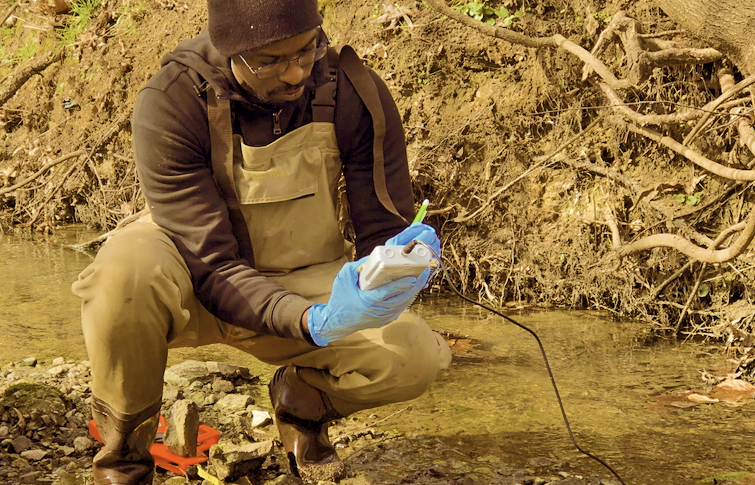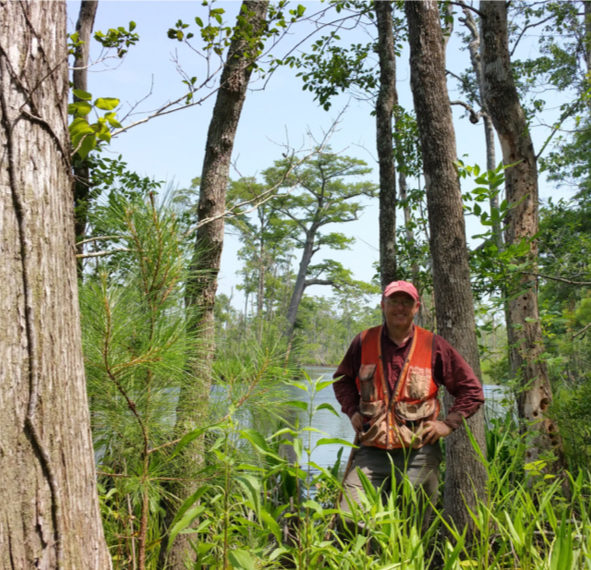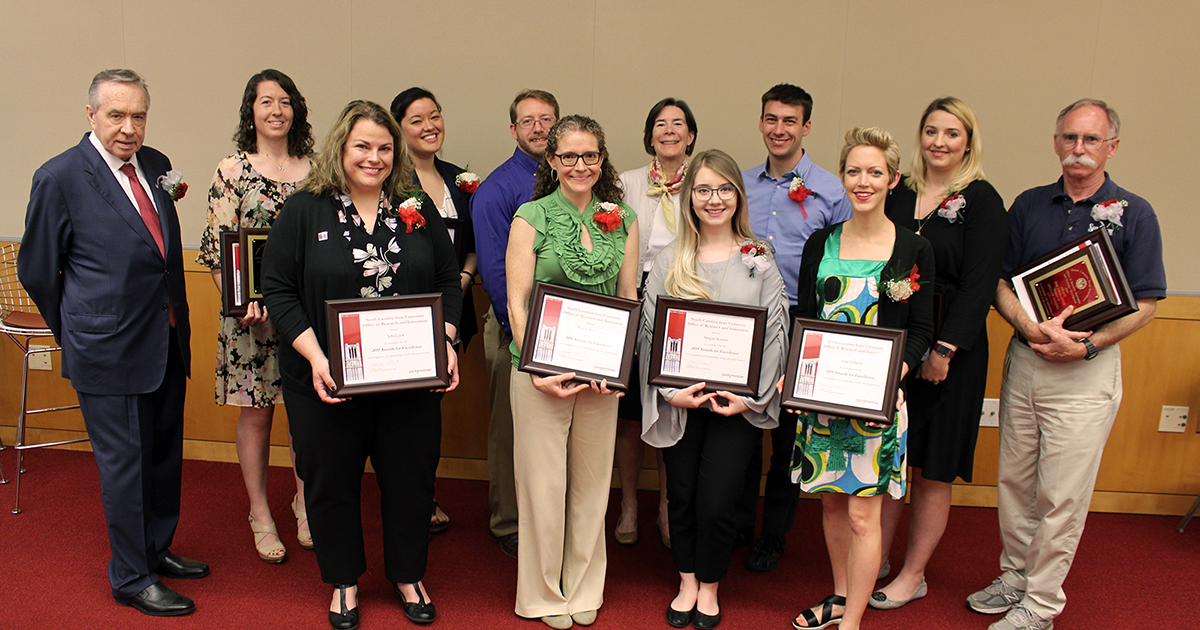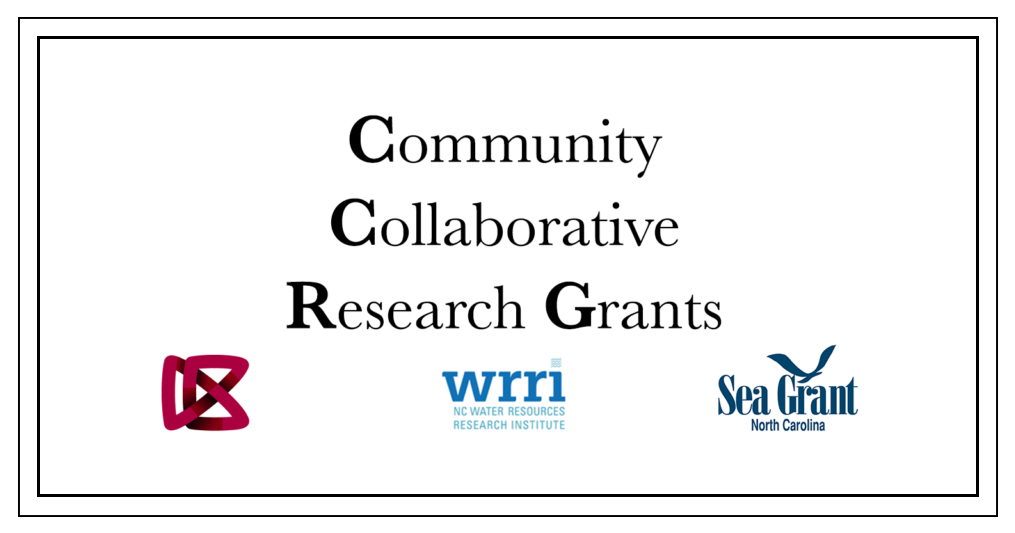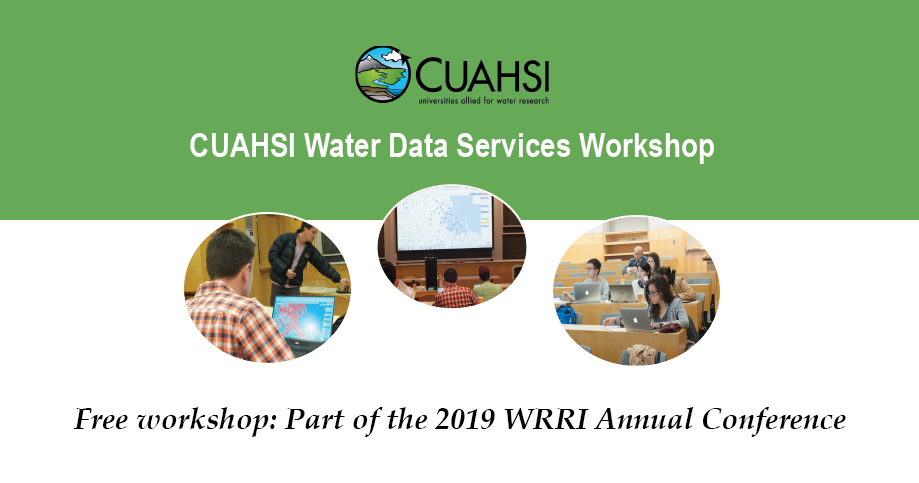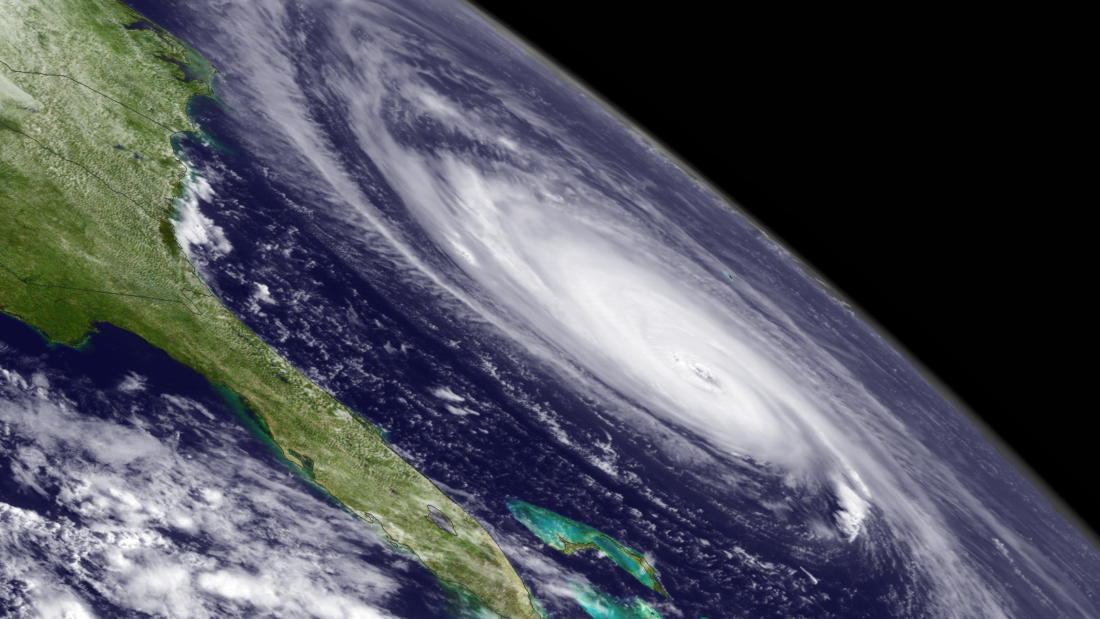May 20, 2019
WRRI’s Nicole McIntosh and Others Honored by NC State Office of Research and Innovation
From left to right: Vice Chancellor Mladen Vouk; Laura Kroeger (ORI); Jobi Cook (Associate Director, NC Space Grant); Sasha Campbell (Digital Communications Manager, Office of Research Commercialization); Derek Gatlin (Grant Proposal Developer, PDU); Nicole McIntosh (Coordinator for Research and Outreach, WRRI); Andrea McCarrick (Scientific Technical Editor, NCICS); Megan Bortner (Accountant, ISSC); Andrew Thrasher (Research Scholar,…
